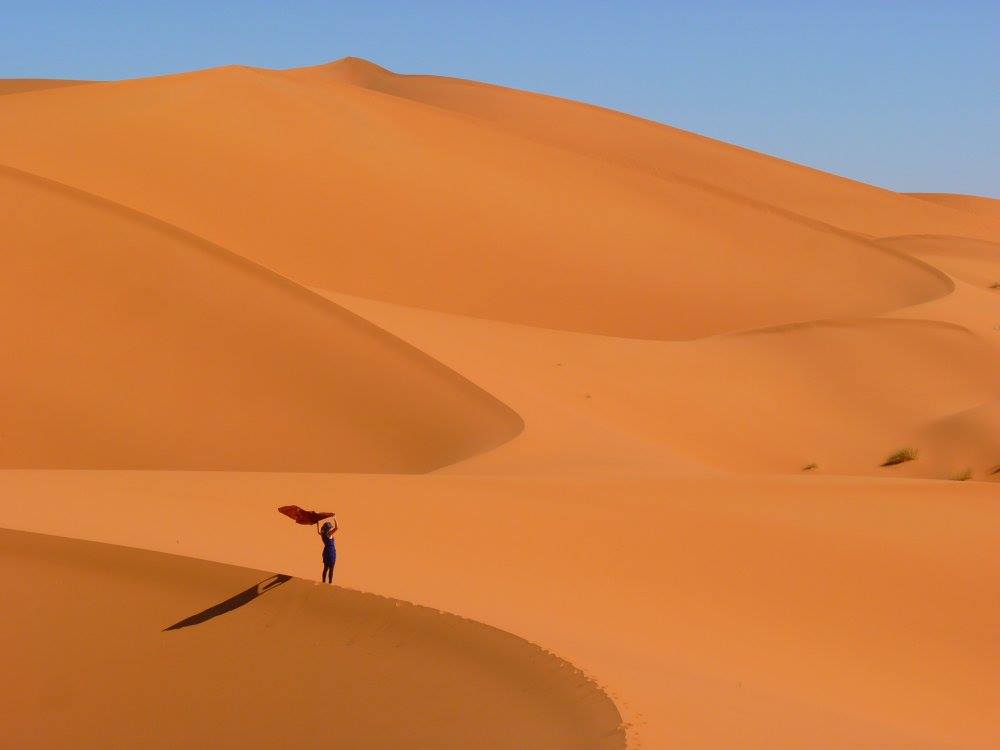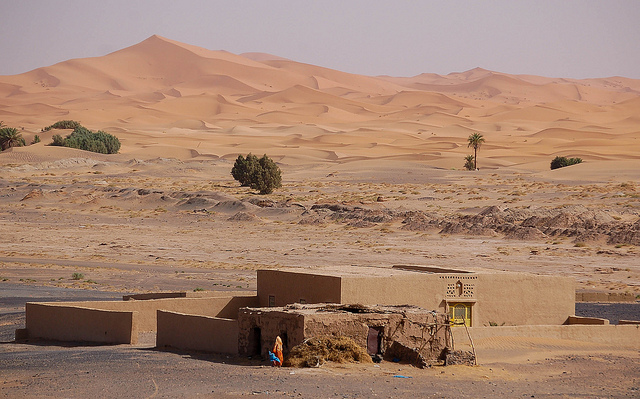Everyone likes to think they’re a traveller rather than a tourist. Indeed, Road Junky was set up on that premise in the spirit of travel writer, Paul Theroux’s quote: ‘Travellers don’t know where they’re going. Tourists don’t know where they’ve been.’
But without speaking Arabic or Berber what kind of impression can we have of Morocco and what kind of impact do we leave behind?
I saw some of the terrible impacts of tourism where I was travelling in the Sahara in Tunisia a few years back; tourists coming for their desert experience represented so much money that there was simply no point in young people learning how to look after the date plantations that had been the sustenance of these desert communities for centuries. It was far easier to try to find a middle-aged German woman to marry.
In fact, as I spent some time in Tunisia, I began to realise how much sex tourism there was as the handsome young Tunisian men of the Sahara sought rich foreign boyfriends or girlfriends. Lonely tourists represented a golden ticket out of relative poverty as they could be persuaded to build their lover a beautiful new concrete house and install satellite television, or maybe even take them abroad though most seemed to intuit it was better to be wealthy at home than poor abroad.
In contrast in Morocco the Berbers seem much happier with their lot. Yes, the young guys are quite happy to have a foreign girlfriend and don’t really mind how old she is, but they’re pretty content with their way of life as it is. The houses in the village are made from the earth rather than concrete (the traditional model being cool in the heat and warm in winter while concrete is just the opposite), they still sang Berber songs and while they’re happy to make a living off tourism, their values seem largely undisturbed.
I asked the Berber who owns the camp where I organise the retreats in the desert if he had ever been abroad.
‘No,’ he told me.
Would he ever like to have the opportunity?
‘No, I’m happy here.’
How many people can say that anywhere?



